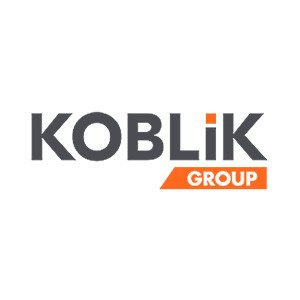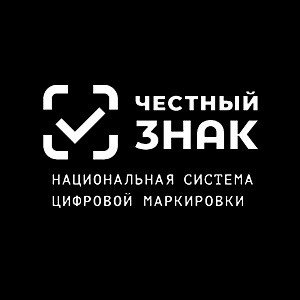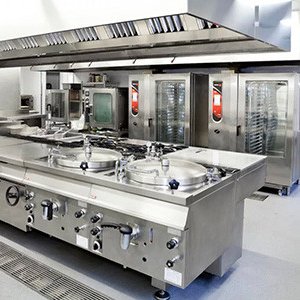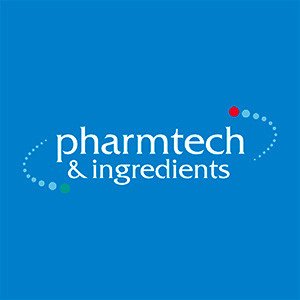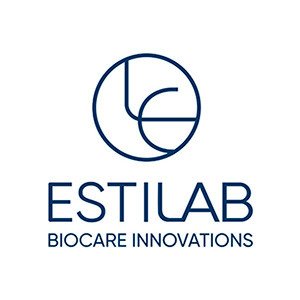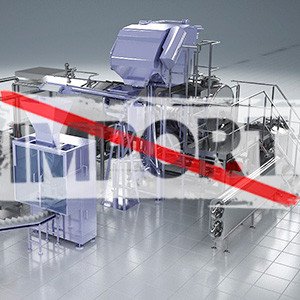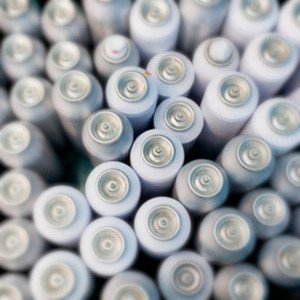New sanitary and hygiene regulations have come into force in Russia, tightening the allowable levels of micro- and nanoplastic migration from packaging into food products. The initiative of Rospotrebnadzor, announced at the end of last year, is forcing thousands of manufacturers and importers to urgently adapt.
According to some estimates, the new requirements affect up to 70% of companies whose products are packaged in plastic. "This involves bringing national standards into line with global practices," explained Rospotrebnadzor. "The goal is to minimize health risks for citizens, as confirmed by the latest international studies." The agency emphasized that during routine inspections, selective controls will be carried out based on the new parameters.
To bring their production into compliance, companies need to conduct a full audit of their technological processes. A key step has been the development of new-generation technology charts, which take into account not only recipes but also the interaction parameters between the product and packaging material at all stages — from packaging to transportation and storage.
"We’ve observed a fivefold increase in requests for technology audit services," noted an employee from one of the certification centers. "It’s been especially challenging for producers of dairy products, oils, and ready-to-eat meals in vacuum-sealed packaging, where the risks of substance migration are highest."
At the same time, requirements for supporting documentation are being tightened. Since the beginning of 2025, mandatory certification of food products packaged in certain types of plastic has been supplemented with test protocols for the migration of specific compounds. According to Rosakcreditation, in the last quarter alone, 17 testing laboratories have been equipped with additional tools to work under the new methodologies.
"Essentially, the entire supply chain — from packaging manufacturers to packers — is affected," commented an independent technology expert. "Old technology charts, where packaging was considered a secondary factor, are now invalid. New tests need to be conducted for each 'product-packaging' pair, significantly increasing the burden on businesses, particularly small and medium-sized enterprises."
Under tight deadlines, many companies are turning to specialized centers, such as https://rtu24.ru , for comprehensive support through the process. According to center representatives, it currently takes between 4 to 8 weeks on average to bring a single product into compliance with the new standards.
It is expected that the new requirements will act as a catalyst for transitioning to more environmentally friendly and safer packaging options, as well as accelerate the digitization of documentation processes in the food industry. For manufacturers who fail to adapt in time, Rospotrebnadzor has provided for the possibility of product recalls until the end of the transition period.
Source: VERSION


